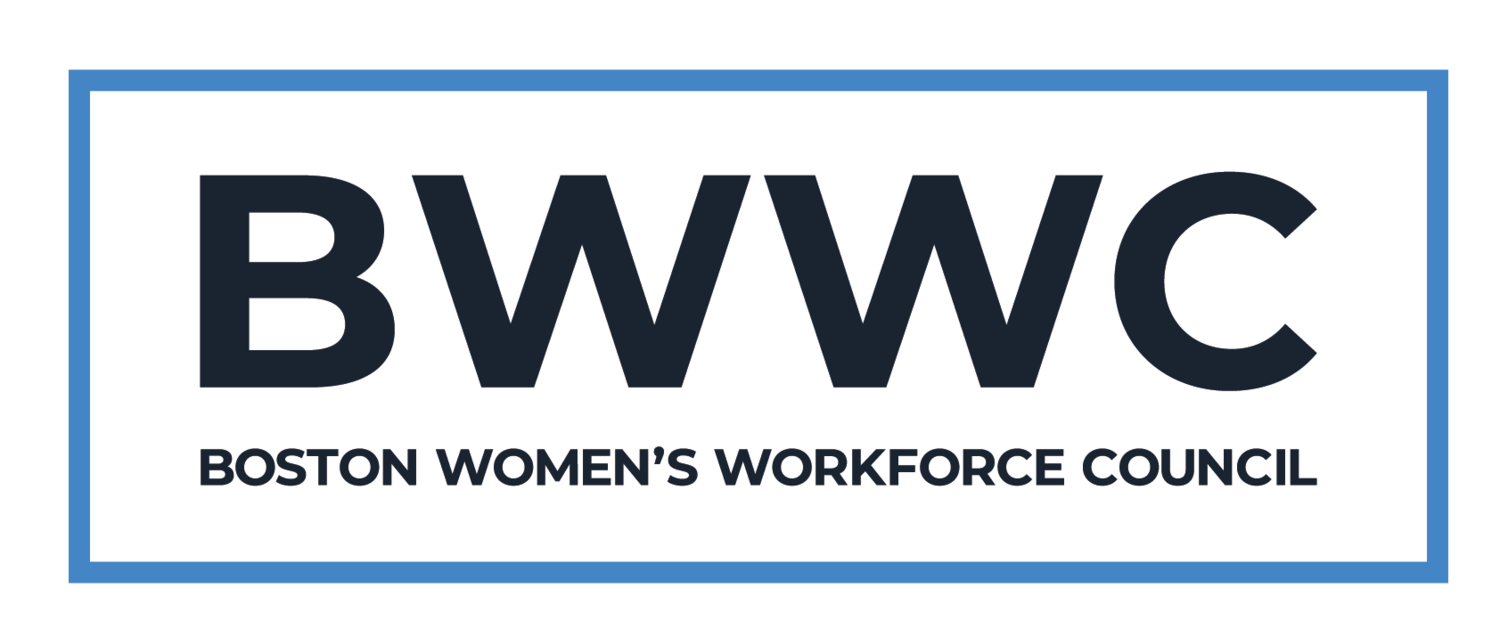2019 Latina Equal Pay Day: A Conversation with Nora Moreno Cargie
November 20, 2019 marks #LatinaEqualPay Day. Like national equal pay day, this day symbolizes how far into the year Latinas have to work to earn what white men earned in the previous year. We are just days away from December—that means it takes a Latina woman nearly two years to earn what a white man earns in one—this is unacceptable.
In our 2017 report, we found that Latina women in Boston made just 49 cents to every white man's dollar in 2016.
As we prepare to launch our 2019 Gender Pay Gap Data Report, we wanted to recognize this day and bolster the voices of Latinx leadership in the community. We asked BWWC Council member and VP of Corporate Citizenship for Tufts Health Plan, Nora Moreno Cargie, a few questions on the importance of this day:
In what ways has your race, ethnicity, and/or gender contributed to your career and what challenges have you faced because of it? Can you tell us a time that it played a role in your work?
Back in the day (the early 80s), my local public radio station received a grant from the Corporation for Public broadcasting to train minorities and women. I was chosen for the opportunity and that experienced changed my life. After the training period, I was hired by the station as a permanent employee. My thrill was short-lived when a colleague said I was only hired because of my culture, not for my contributions or hard work. It made me work even harder because I realized as a Latina, I could not be good, I had to be great. Made me bolder in my resolve to never let others define me but to let my hard work and contributions speak for themselves.
“To be strong in the next decades, we must actively hire Latinos in our companies. ”
What has working in corporate responsibility taught you about gender and racial equity? What can philanthropic individuals, organizations, and foundations do to reach gender equity in their efforts?
Companies who value diversity and leverage talent do better. Several years ago, Forbes published a study that showed “inclusive teams make better business decisions up to 87% of the time.”
Philanthropy should live this value within its organizations, and support others that prioritize livable wages and equitable pay as a matter of governance. We should not hesitate to make grants that support staff salaries and their professional development.
To access full report, visit: latinodonorcollaborative.org/latino-gdp-report/
What role do you see the Latinx community play in Boston’s economy in the next decade? What could closing the wage gap for women of color do to Boston’s economy?
As a city, we cannot ignore Latinos as an asset. Data from the Latino Donor Collaborative shows that if Latinos in the U.S. were our own nation, we would have the eighth-largest Gross Domestic Product ($2.13 trillion).
We have great economic impact, and as a workforce we contribute around .21 percentage points to the annual real GDP. We can’t ignore the economic, cultural and civic contributions of Latinos. If we do, it’s at our own peril. To be strong in the next decades, we must actively hire Latinos in our companies.
Is there a study, book or individual you’ve referred to for insight on equity in the workplace?
‘Becoming’ by Michelle Obama. I had the honor of working with her when Barack Obama ran to represent Illinois in the United States Senate. In many of her speeches, she talked and still does about the balancing act women must master. The bottom line was if businesses are to be successful, they need to accommodate what families need.
Why did you join the Boston Women’s Workforce Council?
Because the council pushes all of us to do better. Tufts Health Plan was among the early signers to the 100% Talent Compact, a pledge to take measurable steps to close gender gaps in wages and representation. This and other initiatives of the council get me excited about what still needs doing. Our company was recently recognized as a “top place” to work by the Boston Globe. I believe that speaks to our culture and commitment to people, but there are always opportunities to do more. Mostly too, I believe there is no greater honor than to give back and serve. And when your mayor asks you to serve, well, I welcome the chance to influence the conversation from my perspective as a Latina.
What is your advice to Latina women in the workplace?
Be your authentic self. Sí, se puede.
About Nora
Nora Moreno Cargie is Vice President of Corporate Citizenship for Tufts Health Plan and President of its Foundation. In her role as President of the Foundation, Ms. Moreno Cargie leads the Foundation’s work in healthy living with an emphasis on older adults. As Vice President of corporate citizenship, Ms. Moreno Cargie works with leadership to leverage the health plan’s business practices, products, services and community engagement strategies, including corporate sponsorships and employee volunteerism, to make our communities stronger. Full bio here.
Want to get involved?
Join us in our mission to close the gender pay gaps in Boston:
Join us and Mayor Martin J. Walsh on December 5th for our annual Effective Practices Conference where we will unveil findings from our 2019 Gender Pay Gaps Report! Details here.
Join the 100% Talent Compact! Already a signer? Join the Member-Only Community Board.
Share this blog post on social media using the hashtags #EqualPayBOS and #LatinaEqualPay!





